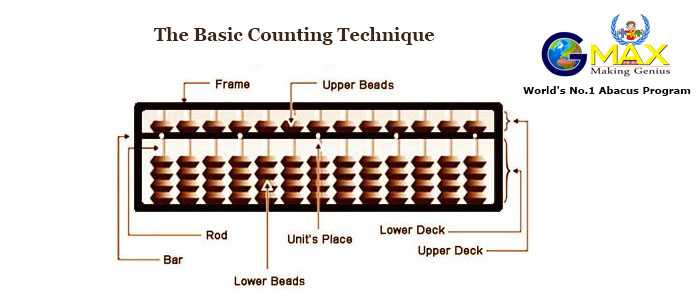

If you’re a parent of a young child living in Johannesburg and are looking for a preschool curriculum at the forefront of childhood education, then turn to FasTracKids.Ĭonsidered as a stepping stone, our curriculum offers a healthy, fun, stimulating and nurturing environment that places great emphasis on creativity, confidence, collaboration, education, problem solving, leadership, communication, critical thinking, speaking skills, good social values and morals, as well as emotional development and personal growth. While we all want our little ones to be successful in life, it’s important to accept that your child is more than ready to start learning from the age of one, and as a parent, it’s your duty to afford them the opportunity. The bottom line is that children who attend abacus maths classes not only achieve higher academic performance in arithmetic, but they also achieve academic excellence in all subjects. The reality is that we are all born with an immature brain and it’s not who we are or where we come from that determines our intelligence and our future – what determines our intelligence and our future is how we use our mind and the type of learning tools we use in early childhood development. Largely determined by our external environment, rather than by our genes, every human has the same chance of maximising their intelligence. Provides a solid learning foundation for addition, subtraction, multiplication and division.Fine tunes mental visualisation skills.Builds stronger mental formation skills.Betters endurance of stress and pressure.Sound too good to be true? Below we take a sneak peek at some of their many benefits. After working on an abacus for a while, a virtual picture of the abacus is formed in the mind, which means that your child will be able to perform calculations in their mind at a highly accelerated speed without a calculator. The course will improve their memory, concentration, and visualization. They will not need pen/ paper/ calculator to do arithmetic calculations. Abacus Maths improves memory, confidence, and cognitive abilities. ReLearn Education makes children faster and better in maths. Also called a counting board or calculating table, the first Chinese abacus was invented around 500 BC and the abacus that we use today is still widely used by many in Asia, Africa, and elsewhere. Abacus Maths improves memory, confidence, and cognitive abilities. Yes, it’s every parents desire to give their little one a head start in life, and while many studies worldwide have proven that the first five years of a child’s life are the most important in terms of brain development and character building, one way to give your child a head start in life is to enrol them in abacus maths classes.Īn arithmetic method based on the principles of abacus calculation, abacus maths is considered to be one of the fastest ways of calculating and learning maths. If truth be told, the moment they take their very first breath, we’re already planning their future. The more trained this pathway is, the more rapid their mental maths skills are.In today’s cut throat competitive world, every parent wants to see their little one grow up and achieve greatness. Because their ability to visualize and use their mental abacus is already sharp by this point in the training, they can read the numbers being flashed, compute, and answer the calculations almost instantly. When children do flash anzan, they are absorbing the numbers visually. The more fine-tuned our attention to detail is, the more aware we are and the quicker our recall. This is something we do without even trying.
Some students spend significant time practicing mental math problems to help them. When we enter a room, we instantly take in information from our surroundings. This mental math is known as anzan, which means mental calculation. Amplifying the auditory pathway for numbers develops brainpower and skills that take students to the next level.įlash Anzan: Anzan, which means mental math in Japanese, is practiced both with listening and flash. Listening to the numbers trains the brain much like reading does, except it uses a different pathway. The average adult has difficulty calculating without pen and paper because reading numbers have dominated their math journey. Listening: Just as the auditory pathway is developed at a young age to enable fluency in a language, the auditory pathway can be developed for numbers as well. The right hemisphere, which is the faster processor, then allows children to do incredibly fast mental calculations. The right hemisphere later uses this picture to create a mental image of the abacus. During this process, the eyes send a visual to the brain, placing a picture of the Soroban in their mind. Reading: When doing equations, children read the beads on the abacus.


 0 kommentar(er)
0 kommentar(er)
